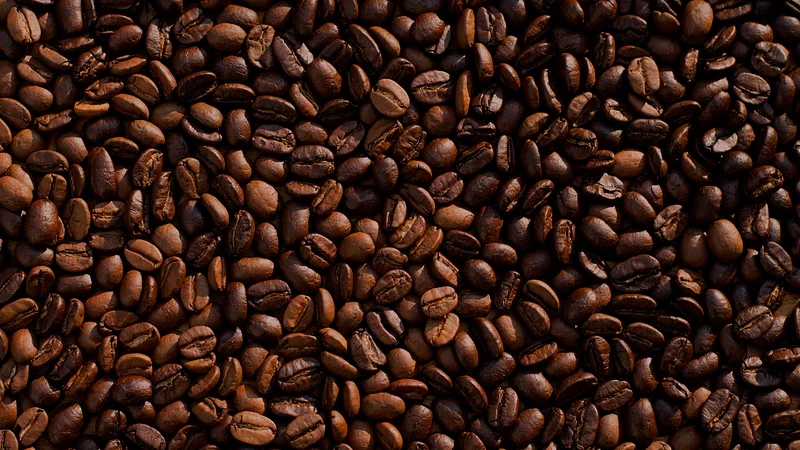Do you often find yourself getting a cup of coffee in the morning for a little boost of energy?
Caffeine can be such a wonderful thing! It keeps you awake and makes you feel ready for the day, but what would happen if you stopped drinking coffee, or other caffeinated drinks?
Believe it or not, caffeine can become addictive pretty quickly. There are many sources of caffeine, such as chocolate, tea, energy drinks, and most commonly, coffee.
Coffee tends to be a popular choice because it contains higher amounts of caffeine.
Now, caffeine isn’t necessarily a bad thing, so long as you don’t become dependent on it. The more you consume a particular amount of caffeine, the more you can tolerate it, which could lead you to increase your intake of caffeine to stay awake and get the same feeling you did before. However, having too much caffeine can negatively affect things such as your sleeping habits, as well as cause you to become anxious, restless, and fidgety.
And when you stop consuming caffeine after you’ve been having it for a consistent period of time, you may experience caffeine withdrawal. Symptoms of caffeine withdrawal may include having less energy, lower concentration, getting headaches, and becoming more irritable.
Of course, some sources of caffeine may actually be beneficial, in moderation. Some health benefits of coffee and tea include lowering your risk for certain diseases, such as cancer and diabetes.
And even with all these benefits, adding sugar and milk to such beverages makes them less healthy. The coffee itself can be very nutritious, without added sugar.
As amazing as some forms of caffeine may be, sometimes you’ve got to know when to let go. Obviously, you don’t have to take it out of your diet completely, but if you start feeling like you can’t function without it, you might want to consider how to stop being dependent on it.
One way you can overcome a caffeine dependence is by gradually reducing the amount of caffeine you intake. Another way to help is to have it less often.
It doesn’t have to be a big change, but you can start by having caffeine every other day instead of every day, and then see how you feel. If you feel like you can go longer without caffeine before having it again, then go for it.
And if you still feel like you can’t give it up, then you can try having, for example, one cup of coffee a day, instead of three. That way, even though you’re still having caffeine, you’re having a little less.



